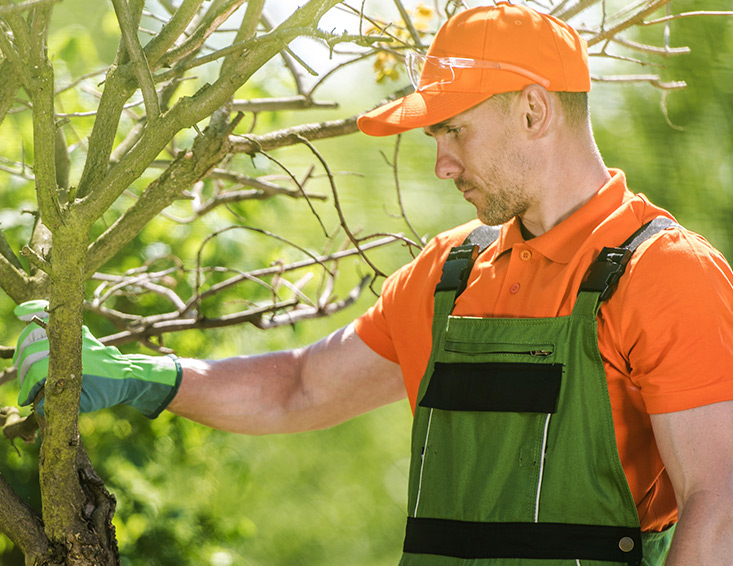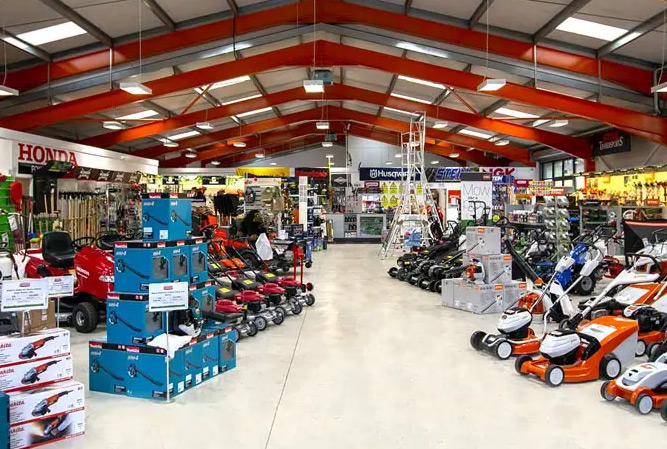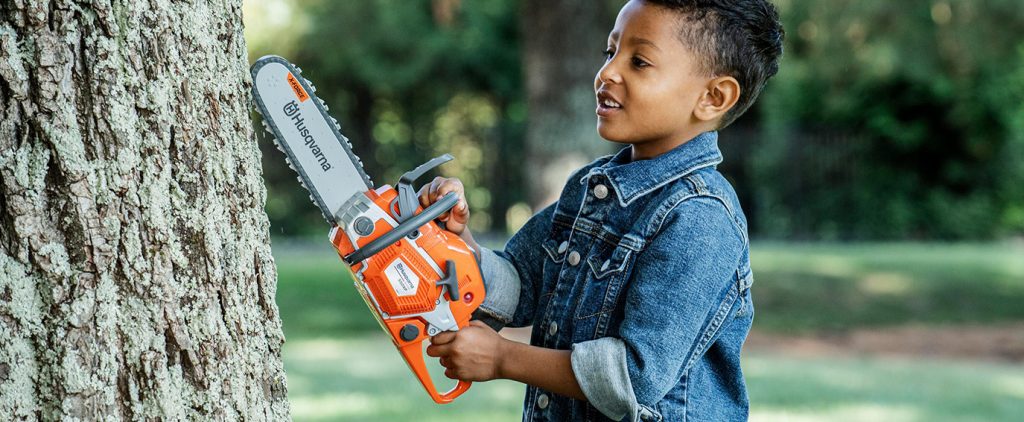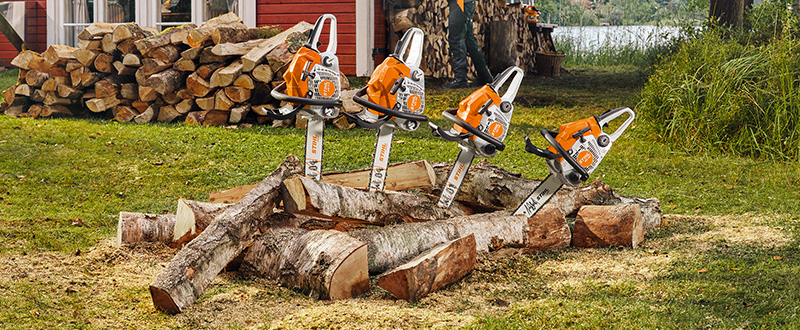
PREPARE YOUR GARDEN FOR SUMMER
Now is a great time to get your garden ready for summer. We’ve had a much better Spring this year compared to 2018, when we saw snow as late as April. This means that your garden has likely had a chance to flourish, however there are a number of tasks that can prepare your garden for the summer months. Take a look at our top tips below.
Mow and Mulch Your Lawn
Mulching your lawn can have huge benefits. We even wrote this article about the top reasons to mulch: https://www.radmoretucker.co.uk/the-top-six-reasons-to-mulch-your-lawn/. It can insulate your lawn from heat, block weeds and help to conserve moisture.
Water Frequently
If it’s very dry, we recommend that you provide your garden with at least an inch of water per week. Baskets and planters might need significantly more, especially in hot conditions.
Deadhead
Once your flowers have died back you can help your plants put more energy into flowering again by deadheading them. Annuals, flowering shrubs and perennials will also flower more often during the summer if you deadhead.
Weed
As plants grow in early summer, if you’ve kept the area free of weeds, they should begin to keep weeds at bay. Unfortunately, this doesn’t mean you should stop weeding. If you let a single weed go to seed it can cause much more weeding in the future.
Pest & Disease Management
Various weather types can cause pests and disease. When you deadhead, weed and water, keep an eye out for signs of insects and disease. The solution can sometimes be complex, but the key to a healthy garden lies in early detection and prompt treatment. Protect the good insects in your garden by following the manufacturer’s instructions on any treatments that you use.
Pick Vegetables Once Ripe
In your vegetable plot, keep plants like tomatoes, beans, cucumbers, okra and other repeating plants picked clean as the fruit ripens. Allowing fruit to become over-mature slows natural production, and it can spell the end of the season for these plants.
Remove Dead Plants
Whether they died of disease, insect damage or natural causes, dead plants shouldn’t remain in your garden. Not only do they spoil the look of your garden, they can harbour pests and disease that may spread to other plants. Move dead plants to create a compost solution if they are safe for that purpose. If further infestation is a concern, burn or bag and dispose of the plants off site.
Fertilise
By mid-summer it is a good time to fertilise your lawn and your garden. Yellowish leaves signify an iron deficiency in an otherwise healthy plant, particularly in lawns and broad-leaf evergreens like gardenias, rhododendrons, azaleas, hollies and other plants. It is also time to feed hungry garden vegetables like greens, tomatoes, peppers and other plants that may have been planted a month ago or more.
If you keep on top of these top pre-summer garden tasks you will enjoy a beautiful and easier to maintain garden throughout the summer. Why not browse the garden machinery section of our website to see how you can make these tasks easier.











